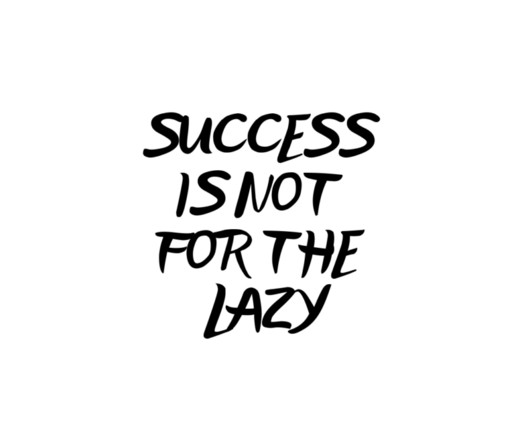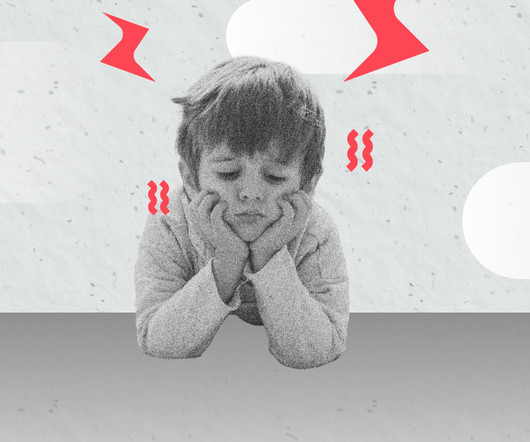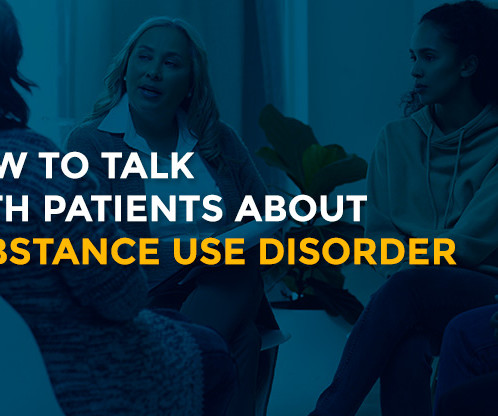What are the 10 Roles of Social Workers
Social Work Haven
SEPTEMBER 14, 2023
Researcher : Some social workers engage in research to better understand social issues, evaluate programs, and inform policy development. This is because they develop treatment plans to address mental illness and substance abuse problems, often holding supervisory roles and advocating for human rights within the criminal justice system.












Let's personalize your content